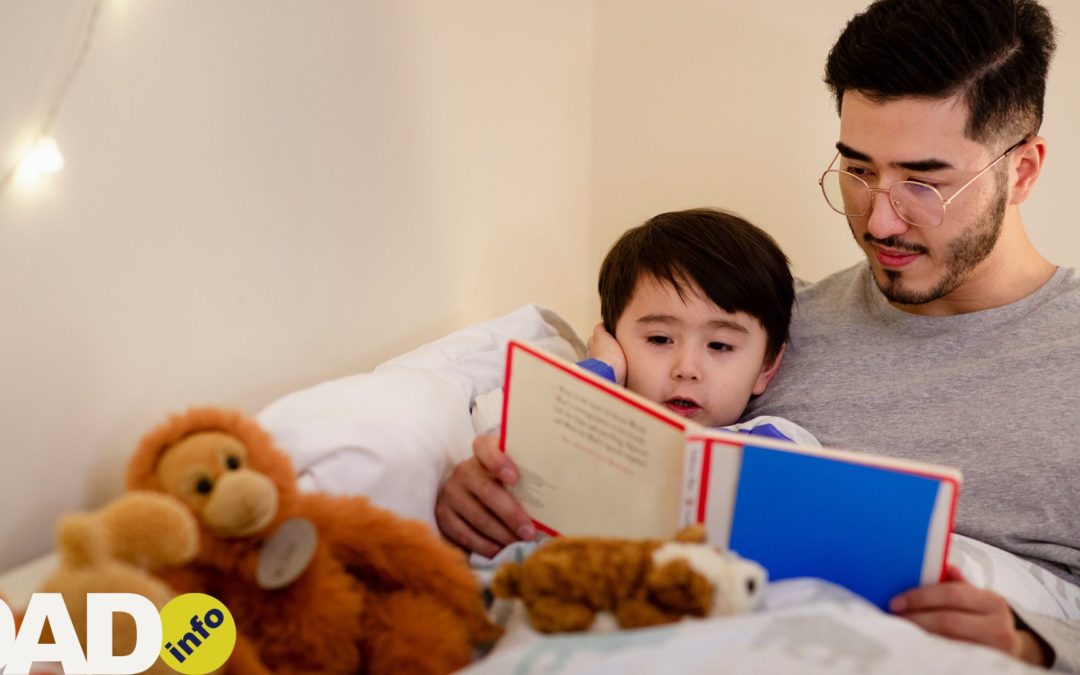Your child is three and suddenly the next big milestone is upon you – choices about their education. Do you want your child to attend school? If so, what kind of school? Do you want to home educate your child? Be it for a while, or indefinitely? Do you want to mix and match your child’s education? One thing is certain, while it might be the ‘norm’ to send your child to the local primary school, as a parent you have a lot of choices open to you, and looking through all the choices to see what the pros and cons of each are is going to help you be certain that whatever choice you do make, it feels the right one for you.
What are the choices?
Local Authority Primary School
- You can find out about the local schools in your areas from your local council. While you may be in ‘catchment’ for a certain school, it does not mean your child has to automatically go there, you can apply to any school you wish, although you are not guaranteed a place at your first preference.
Private Primary School
- There will also be private education options, for which you will need to pay fees if you wish your child to attend one of these.
Non-traditional Schools
- These can be either local authority or privately funded, and have less of an emphasis on academic study in the early years – more in line with how schools in other European countries approach their early years education. Steiner or Montessori Schools are both examples of these.
Home Education
- There is a requirement that your child is in education by the age of five, but this does not have to be in a formal academic institution. You can choose to home education your child, and you do not have to follow the national curriculum either. There are lots of home education resources and groups to help you with ideas and to give children an opportunity to meet others who are being home educated too.
Flexi-schooling
- Some parents want the best of both worlds, and to mix some of the opportunities of a more formal school environment with the flexibility and benefits of being able to learn at home too. A school will need to agree to this type of schooling for you to be able to choose this option.
Working out which school
If you choose to consider a school place for your child, the next question is how to do you work out which school?
There are some ways you can get a feel for each of the schools, and this is important, as schools do vary:
- You could visit the school at an open day
- Read their Ofsted (or equivalent) report
- Access the Parent View feedback for a school (available online and anonymously submitted by parents of children at the school)
- Talk to other parents in the area who do, and don’t use the school, to find out their opinions
You may also want to think about the ‘culture’ of the school and what kind of environment you want your child to grow up in, what kinds of things will matter to you and them, on a day to day basis. Schools can vary quite dramatically on the following:
- Their homework policy – what do they expect of their students, and does this fit with your views?
- Their behaviour policy – how do they handle discipline, and are you happy with that approach for your child.
- Their uniform policy – what kind of uniform or clothing do they ask for students to wear? Must it be branded or can you buy non-branded clothing? Is it very strict or a bit more flexible? Does their policy extend to items like hair bobbles and socks? Does this fit with what you are happy to provide and what you want for your child?
- Their play/academic balance – do you feel there is provision for both? Does one seem favoured over the other? How does this fit with how you want your child to learn in the early years?
- Their transition policy. Some schools are accommodating of parents helping their children settle in, through visiting sessions, etc and others are less so. Does the school accommodate what you think will help your child make the transition?
- Their lunches policy. Do they provide hot meals? Are these made on site, or are they individual ready-meals brought in and heated up? Is there a lunch box policy? What kinds of foods are you not allowed to give your child to take in for lunch? Does all this fit with what you are happy with for your child?
Find out more about choices like home education or get some top tips on how to ease your child’s transition to primary school.








